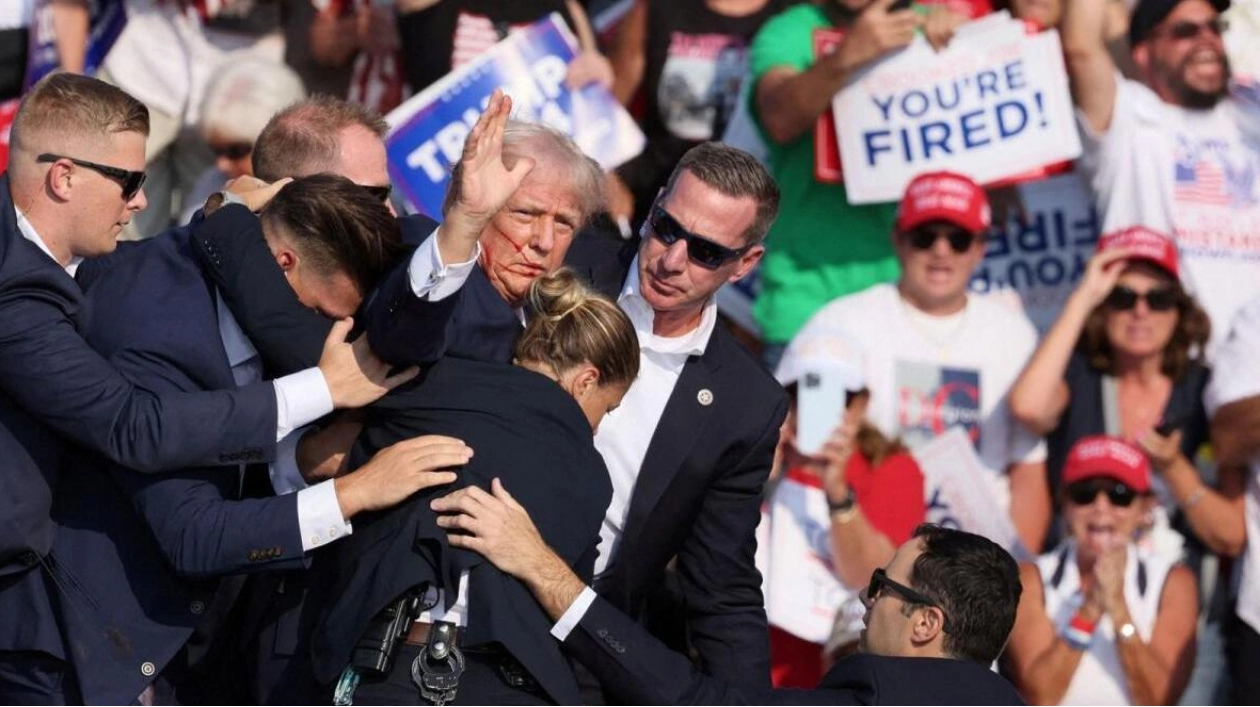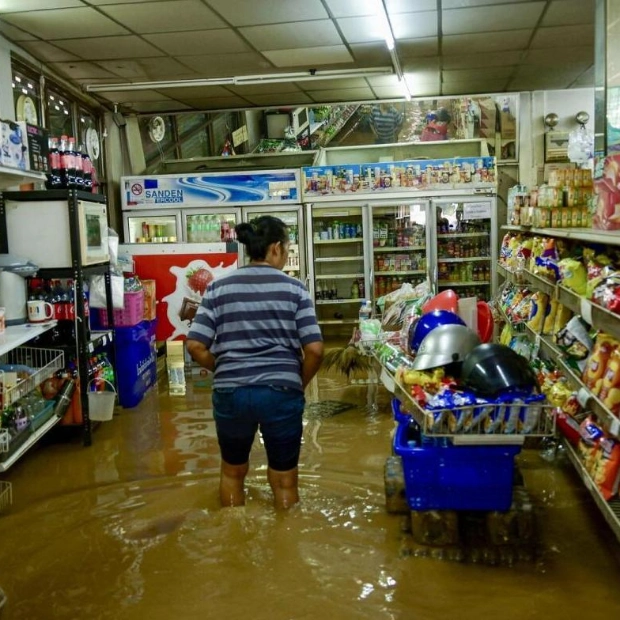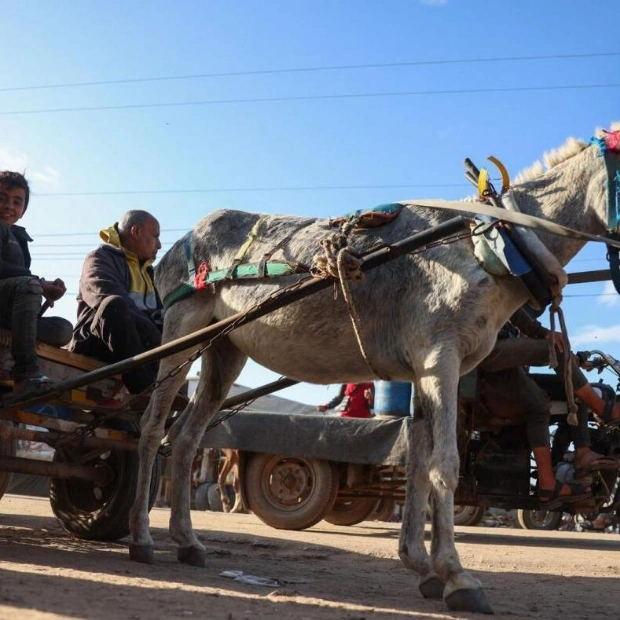Dr. Kristian Alexander, a UAE-based researcher and professor at the Rabdan Security and Defence Institute (RSDI) in Abu Dhabi, predicts that the assassination attempt on Donald Trump could result in a significant increase in sympathy votes for the US Republican candidate. Alexander believes this incident might strengthen Trump's support base, portraying him as a resilient leader and potentially a martyr-like figure, which could boost his appeal among voters.
On July 13, during a campaign rally in Pennsylvania, Trump was shot at by a 20-year-old assailant, identified as Thomas Matthew Crooks. The bullet grazed the upper part of Trump's right ear, as confirmed on his social media platform, Truth Social. Crooks was immediately killed by secret service agents, and a 50-year-old volunteer firefighter was also fatally injured while trying to protect his family.
Dr. Kristian highlights that this incident presents a complex challenge for US President Joe Biden, who must condemn the violence while supporting Trump, despite their political differences. Biden is expected to position himself as a unifying figure, contrasting with Trump's divisive rhetoric. The researcher also points out that the increasing polarization in American politics has made bipartisan cooperation nearly impossible, escalating political rivalry into a form of warfare and potentially lowering the threshold for violence.
The immediate death of the shooter complicates the investigation, as law enforcement must rely on indirect methods to understand the attacker's motivations. For American expats in the UAE, the event was deeply shocking, with many calling for unity against violence. The incident is also predicted to impact global financial markets, potentially benefiting sectors like infrastructure, defence, and energy.
Dr. Kristian emphasizes that the case of Crooks underscores the challenges in threat detection, particularly with individuals who do not openly display their radical intentions. The failed assassination attempt also raises questions about the effectiveness of security protocols for protecting political leaders, given the assassin's close proximity to the event.






